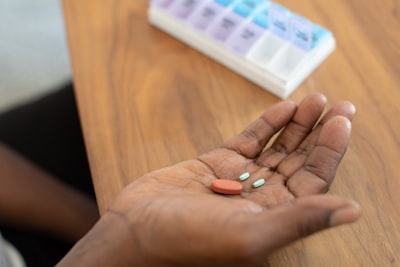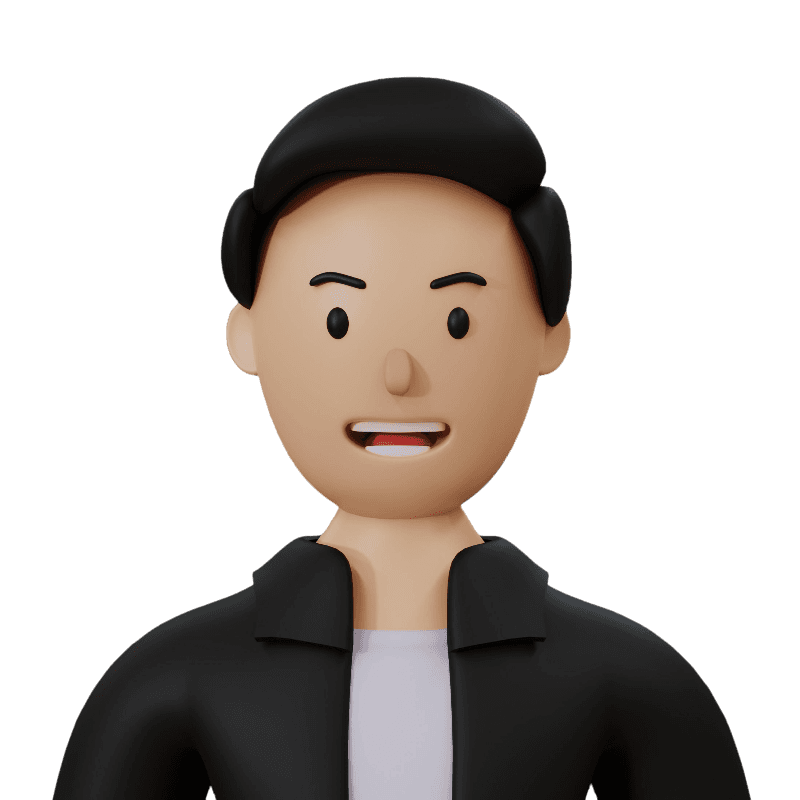Artificial Intelligence (AI) has become an integral part of our lives, transforming various sectors, including healthcare. From aiding diagnosis to managing patient care and even executing surgical procedures, AI has redefined the landscape of the healthcare industry, enhancing service delivery and outcomes.
The Interface of AI and Healthcare
A growing interaction has emerged between AI and healthcare, with advancements in computational capabilities, vast amounts of available health data, and progression in analytics techniques. AI-based applications have a transformative power that is not only limited to improving administrative processes but also patient outcomes.
Transformative Applications of AI in Healthcare
Diagnostic Solutions
AI has demonstrated transformative power in the realm of diagnostics. Algorithms harness health data to predict disease progression and deliver real-time solutions. Take, for example, machine learning models that use medical imaging to detect diseases. Such systems can identify irregular patterns in MRI scans, X-rays, or CT scans more effectively than the human eye, reducing the chances of missing out diagnoses or making errors due to fatigue.
Focusing on Prevention
AI's revolutionizing aspects extend into disease prediction and prevention domains. Machine learning algorithms can analyze a vast array of health-related data to predict the future health condition of an individual, therefore facilitating personalized preventive care. It goes beyond treating diseases to focusing more on maintaining overall health and preventing illnesses.
Optimizing Hospital Operations
AI has immense potential in optimizing hospital operations by improving patient flow, predicting patient demand, and making staffing more efficient. AI systems enable hospitals to analyze patient data, manage scheduling, predict peak times, and thus improve operational efficiency.
Complete Patient Care
AI-based virtual health assistants can deliver personalized nudges to patients about their medication, appointments, and health-related tasks. The aim is to optimize patient care and improve adherence to treatment protocols.
Redefining the Scope of Healthcare Solutions
AI has paved the way for more sophisticated, personalized, and data-driven healthcare solutions, leading to improved patient outcomes and efficiencies. With AI, we are moving towards an era of precision medicine and personalized care.
Anticipating Challenges
With great power comes great responsibility. The AI evolution in healthcare, no doubt, holds great promises but also challenges, including privacy issues, ethical dilemmas, regulatory conformance, data protection, and issues of trust and algorithmic bias. These must be carefully navigated to optimize the potential of AI fully.
A Brighter Future with AI-Driven Healthcare
Despite challenges, exploring and leveraging AI’s capacities in the healthcare sector can lead to a brighter future. With AI, healthcare services can be more accessible, affordable, efficient, and patient-centric. It holds the promise of transforming our healthcare ecosystem into one that is proactive rather than reactive, personalized rather than standardized, and predictive rather than diagnostic.
Conclusion
Unveiling AI's transformative power in healthcare underscores a revolution in progress. The fusion of technology and healthcare is ushering us into an era of digital healthcare powered by artificial intelligence. By harnessing the power of AI, we can look forward to predictive and proactive healthcare, focusing on prevention and efficient management, heralding a brighter future for global health and well-being.



